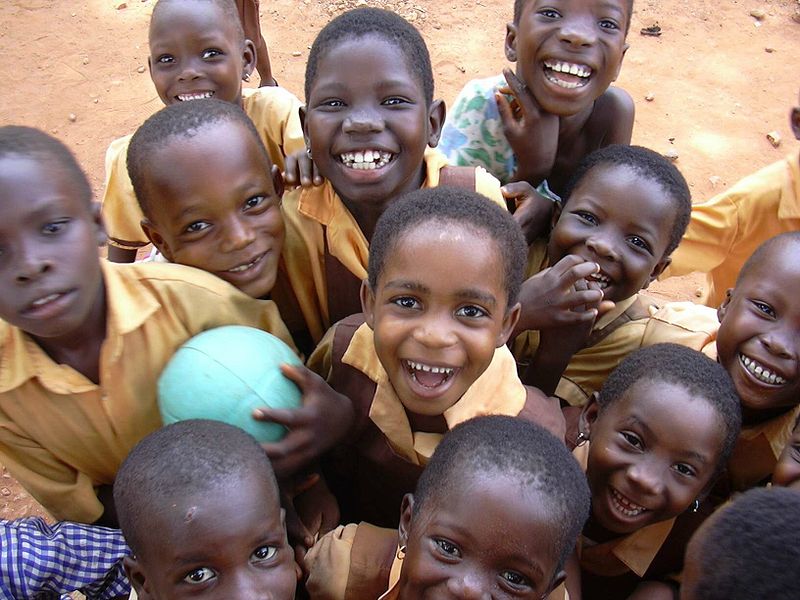The study found that children from low socioeconomic status (SES), which are raised bilingual (speaking 2 languages) have better cognitive skills than similar monolingual children, being more focused and better able to ignore distractions, all characteristic known to be crucial for the development of language, literacy and mathematics capabilities. This suggests that immersive learning of a second language, something relatively easy to promote, could help protecting children growing in difficult conditions from cognitive problems and academic failure.
At a time when, according to UNICEF almost half of world’s children live in poverty these results, if confirmed, can have important implications. The research is a collaboration of the University of Luxembourg,the University of Minho in Portugal and York University in Toronto, Canada.
 Regular use of more than one language is believed to improve cognitive skills, such as creativity and problem solving. How this happens is less clear, but the suspicion is that it has to do with a better “tuned” executive control system (a kind of general manager of cognitiveprocesses). In bilingual (or multilingual) individuals, the executive system –which sorts through the different languages to choose the one that is relevant– becomes more efficient due to constant use, and the idea is that this will reflect in the way it controls (better) other cognitive processes.
Regular use of more than one language is believed to improve cognitive skills, such as creativity and problem solving. How this happens is less clear, but the suspicion is that it has to do with a better “tuned” executive control system (a kind of general manager of cognitiveprocesses). In bilingual (or multilingual) individuals, the executive system –which sorts through the different languages to choose the one that is relevant– becomes more efficient due to constant use, and the idea is that this will reflect in the way it controls (better) other cognitive processes.
To prove this has not been easy though, because bilingualism not always can be shown to improve cognitive functioning. A suspicion is that factors like socio economic status (SES) could obscure its effects with only those with high SES gain from speaking morethan one language.
To clarify what was happening researchers Pascale M. J. Engel de Abreu, Anabela Cruz-Santos and colleagues tested the cognitive skills of 40 bilingual children of low SES from emigrant Portuguese families in the Luxembourg, comparing them to 40 monolingual children of similar SES and background from the same area in Portugal as the emigrated families. And they found that bilingual children performed consistently better than monolinguals, but only in those skills involved in language conflict (this distinction – to test the individual skills under executive control had never been done before and could explain the contradictory results previously seen). The cognitive “superiority” of bilingual children was even more remarkable as it was discovered that they lived in worst conditions than their monolinguals counterparts (so should have had higher chance of cognitivedefects).
The study also proves for the first time that the advantages of being bilingual are not limited by low SES and can even counteract the negative effects of such environment, what is remarkable. In fact, it has been seen before that bilingualism protects the brain against dementia in Alzheimer’s disease, and what Abreu and Cruz-Santos’ work now suggests is that it can also shield the brain against the disruptive effects of poverty. Most extraordinarily, this protection is seen even in children with very basic vocabulary so occurring even when proficiency is very low.
In conclusion, the work shows that bilingual children may be faced with many linguistic challenges, but they also gain important strengths to help their academic achievement and this should be taken into account when trying to help struggling emigrant children.
But the study suggests something even more interesting - a potential new approach to help disadvantaged children to fulfill their potential. In fact, while there are already several governments programs aimingat this, most are expensive what not only limits their scope but can evenexacerbate the social inequalities already existent. To learn a foreignlanguage in school though is cheap and easy to accomplish and, if the results of this study are confirmed, could be a good way to help children’s cognitiveand academic development.
Citation: Bilingualism Enriches the Poor: Enhanced Cognitive Control in Low-Income Minority Children Psychological Science 0956797612443836, 2012





Comments